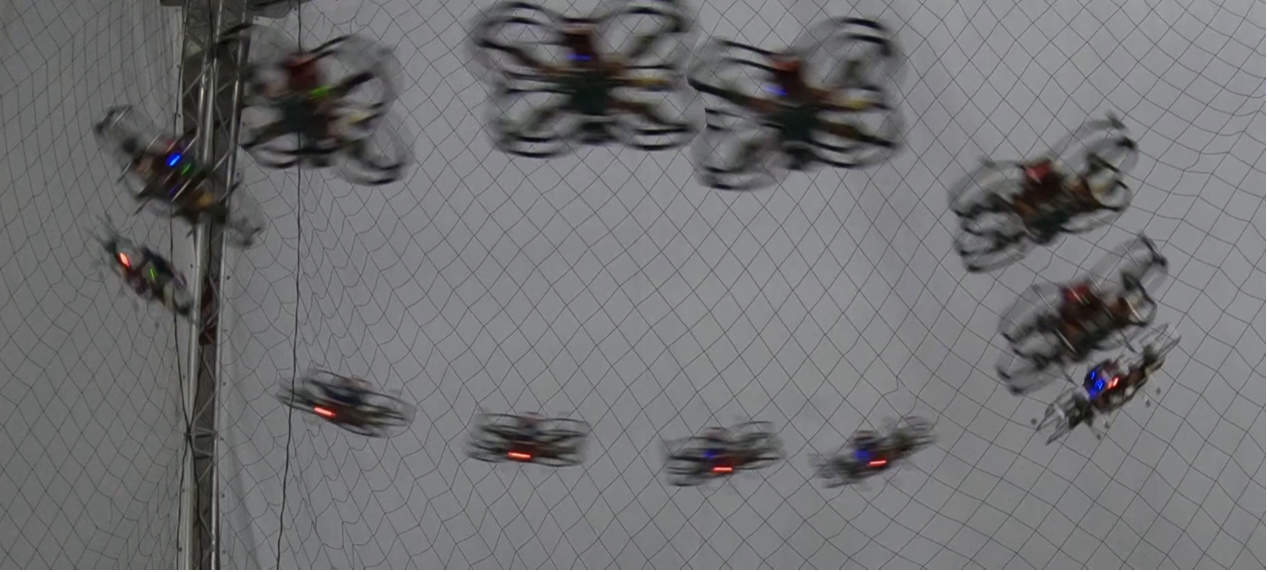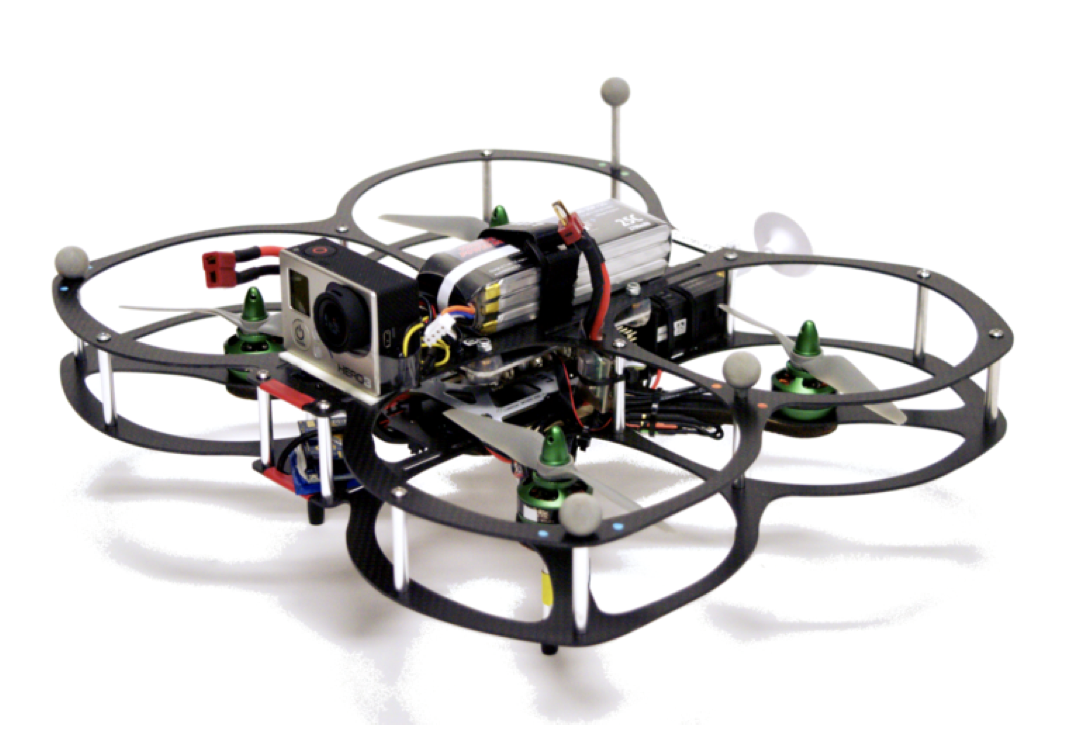
Dynamical Model Learning and Inversion for Aggressive Quadrotor Flight
Quadrotor applications have seen a surge recently and many tasks require precise and accurate controls. Flying fast is critical in many applications and the limited onboard power source makes completing tasks quickly even more important. Staying on a desired course while traveling at high speeds and high accelerations is difficult due to complex and stochastic aerodynamic effects, poorly modeled dynamics, and unreliable state estimation. This thesis seeks to design control strategies that enable quadrotors to track aggressive trajectories precisely and accurately in the presence of external disturbances, unmodeled dynamics, and degraded state estimation. We first introduce a model learning strategy that allows efficient compensation of learned acceleration disturbances using the differential flatness paradigm. Then, we extend our learning approach to the feedback linearization controller and show that feedback linearization is a viable strategy for aggressive quadrotor flight. We also learn attitude dynamics models and show improved attitude control loop performance that in turn improves position trajectory tracking performance.
We propose to extend our work in two ways: first, by carrying out extensive experiments outdoors at high speeds involving realistic disturbance conditions, and second, by providing a theoretical framework to compare feedback linearization and feedforward linearization and show a reduced reliance on accurate state estimation through the use of learned dynamics models.
People
Alex Spitzer
Nathan Michael
Robots



